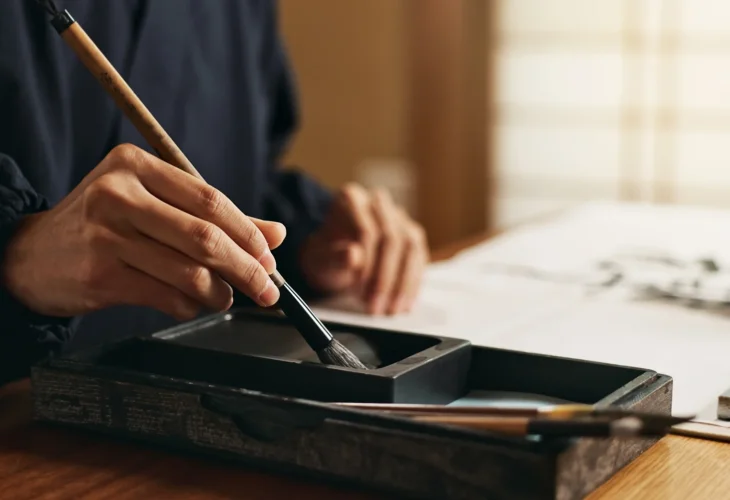The Remarkable Journey of Tuvia the Physician: Expert, Scientist, and Artist
*Tuvia* heard that in Padua, Italy, Jews aren't discriminated against, and he could earn a doctorate there. He traveled, completed his studies, and even received medical certification. At the same time, he was offered the position of personal physician to Ottoman Sultan Mehmed IV, and he accepted.

Rabbi Moshe Yirmiyahu Hakohen was the rabbi of the town of Narol in Poland and, like his father, was also a physician. Apparently, generations earlier, the Hakohen family learned the secrets of medicine, passed down from father to son. Rabbi Moshe Yirmiyahu's father was Rabbi Yaakov Hakohen, a physician in the city of Safed in the Holy Land. He migrated from Safed to Poland in the year שכ"ג.
During the events of the 1648-1649 massacres, Rabbi Moshe Yirmiyahu Hakohen left Poland and moved to the city of Metz in France. The people of Metz gladly appointed him as the city's rabbi. He was a disciple of the Maharshal and also studied under the famous sages the Bach, the Turei Zahav, and others. Rabbi Hakohen's appointment began the golden age of Metz, where several great leaders of generations like the Pnei Yehoshua, Rabbi Jonathan Eybeschutz, and others lived and served. Louis XIV, King of France, visited Metz and confirmed Rabbi Hakohen's appointment as the city's rabbi.
Rabbi Moshe Yirmiyahu did not live long and passed away when his son Tuvia was three. Tuvia was sent to Krakow, Poland, to study Torah. Upon reaching adulthood, Tuvia wanted to become a physician, like his ancestors, but he had no one to teach him since he never met his father. He had some of his father's writings, which he later published in his books, but that was of course not enough to learn medicine. Divine providence brought him to meet the Prince of Brandenburg, who was impressed by him and recommended he study at the university in Frankfurt. At that time, there were no Jewish students in German universities. Tuvia was the first or among the first. He also couldn't obtain a medical degree because it was uncommon to grant degrees to Jews...
*Tuvia* heard that in Padua, Italy, Jews aren't discriminated against, and he could earn a doctorate there. He traveled, completed his studies, and even received medical certification. At the same time, he was offered the position of personal physician to Ottoman Sultan Mehmed IV, and he accepted. He moved to Adrianople and served as the court physician to several changing sultans. After more than thirty years of serving the sultans, he ascended to the holy city of Jerusalem and lived there for another fifteen years until his passing. His daughter Jamila married Rabbi Avraham Miyuhas, one of the scholars of Jerusalem.
And you might wonder, how did Tuvia the Physician manage in all these countries and languages? Well, he spoke more than ten languages: Latin with the experts, German with the Germans, Polish, French, Arabic, and of course Turkish, among others. His book, "Tuvia the Physician," is considered a unique and groundbreaking medical book. He likens the human body to a multi-story house, where each floor houses craftsmen responsible for a specific area. He was among the first to emphasize the importance of hygiene in medicine.
As a devout Jew, he dedicated a special chapter to the futility of sorcery, magic, and divination, which were prevalent in his time. He also detailed the events of Shabbetai Tzvi that occurred during his time in Turkey and diagnosed the mental illness that Shabbetai Tzvi suffered from.
His work does not focus solely on medicine; it resembles an encyclopedia of all existing knowledge: astronomy, botany, zoology, and geography. The book is filled with stunning illustrations created by Tuvia, and in the few surviving copies of the first edition, many drawings are missing. Researchers say people simply tore out the illustrations and hung them on the wall for decoration...
Tuvia the Physician passed away in Jerusalem in the year ה'תפ"ט and was buried on the Mount of Olives.

